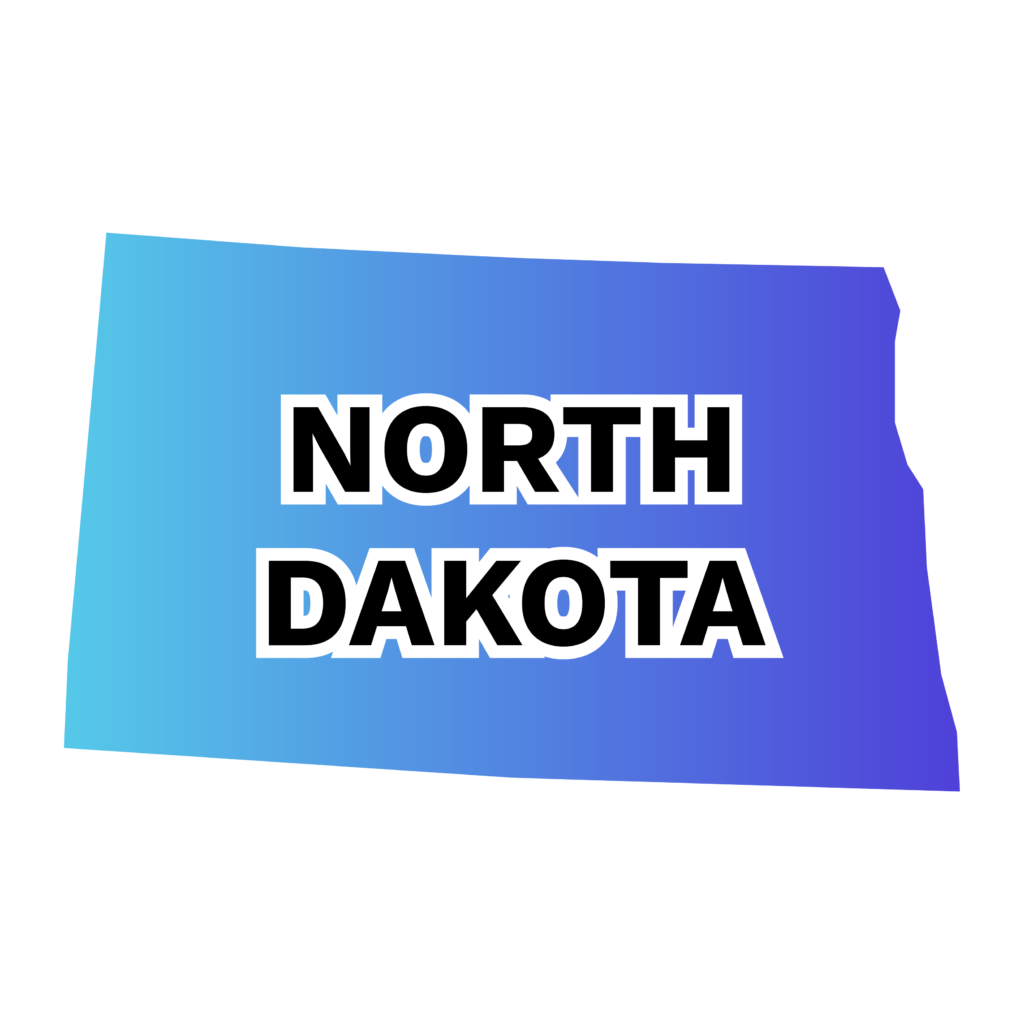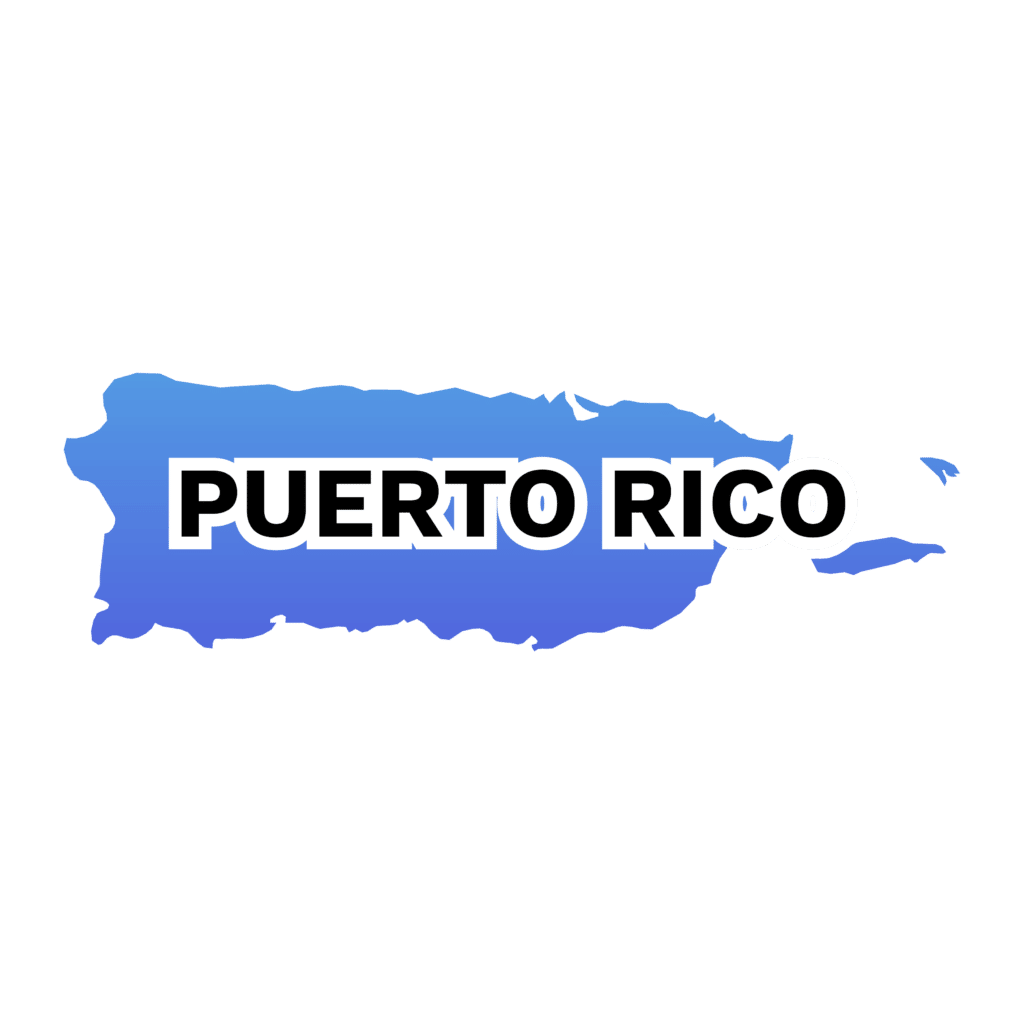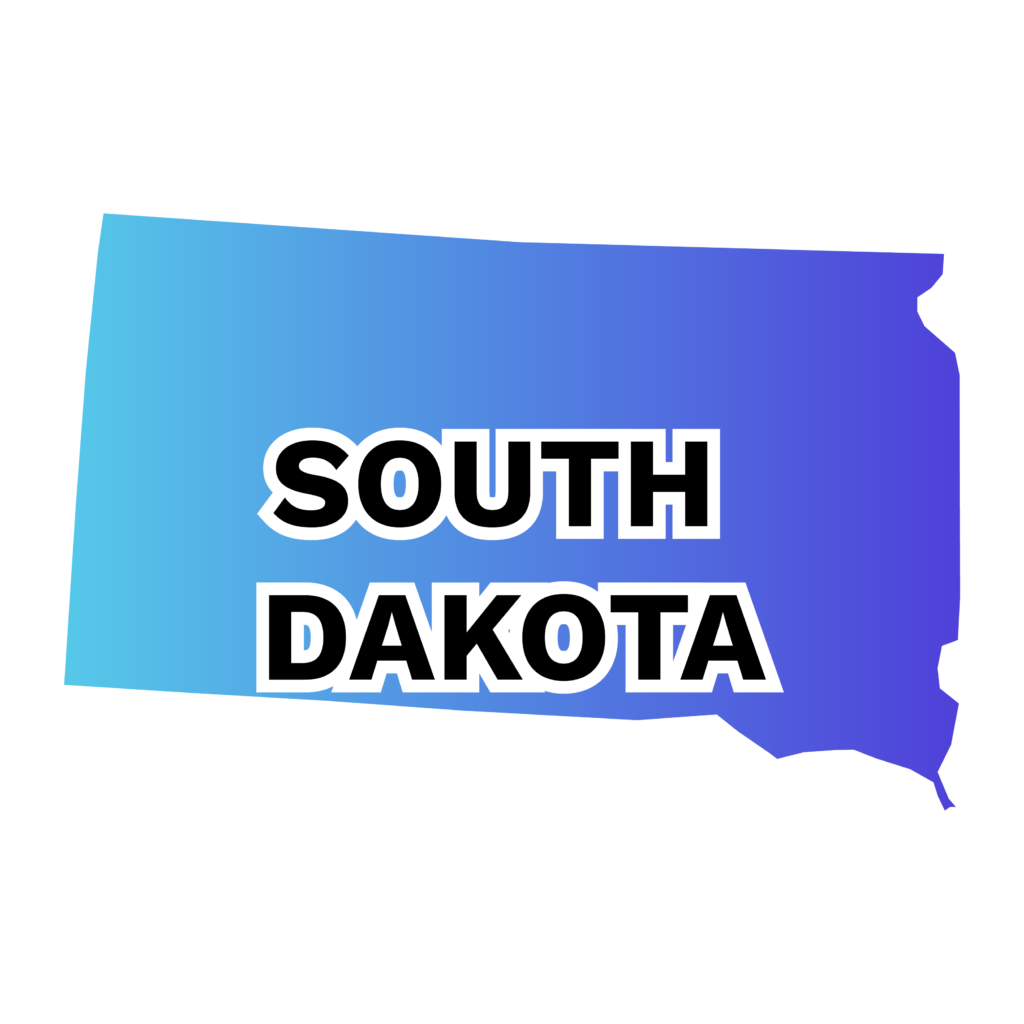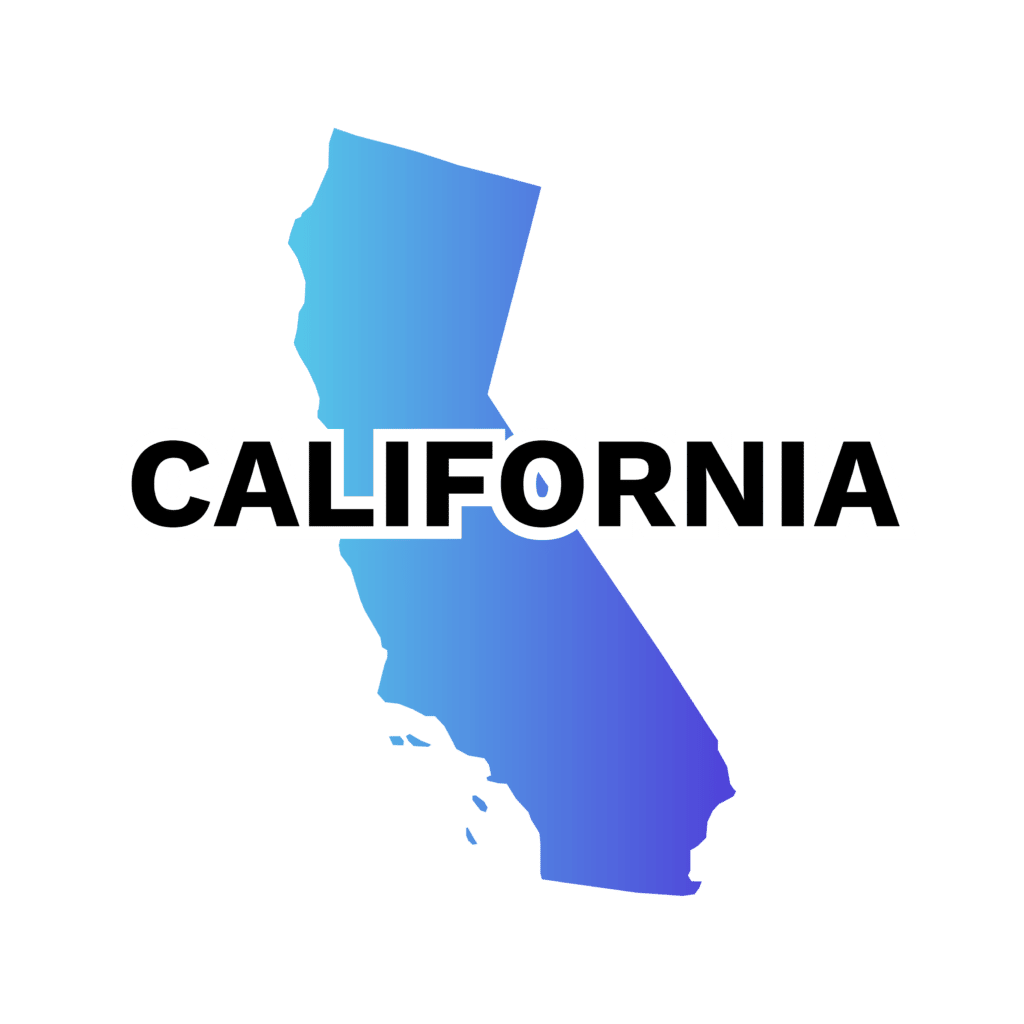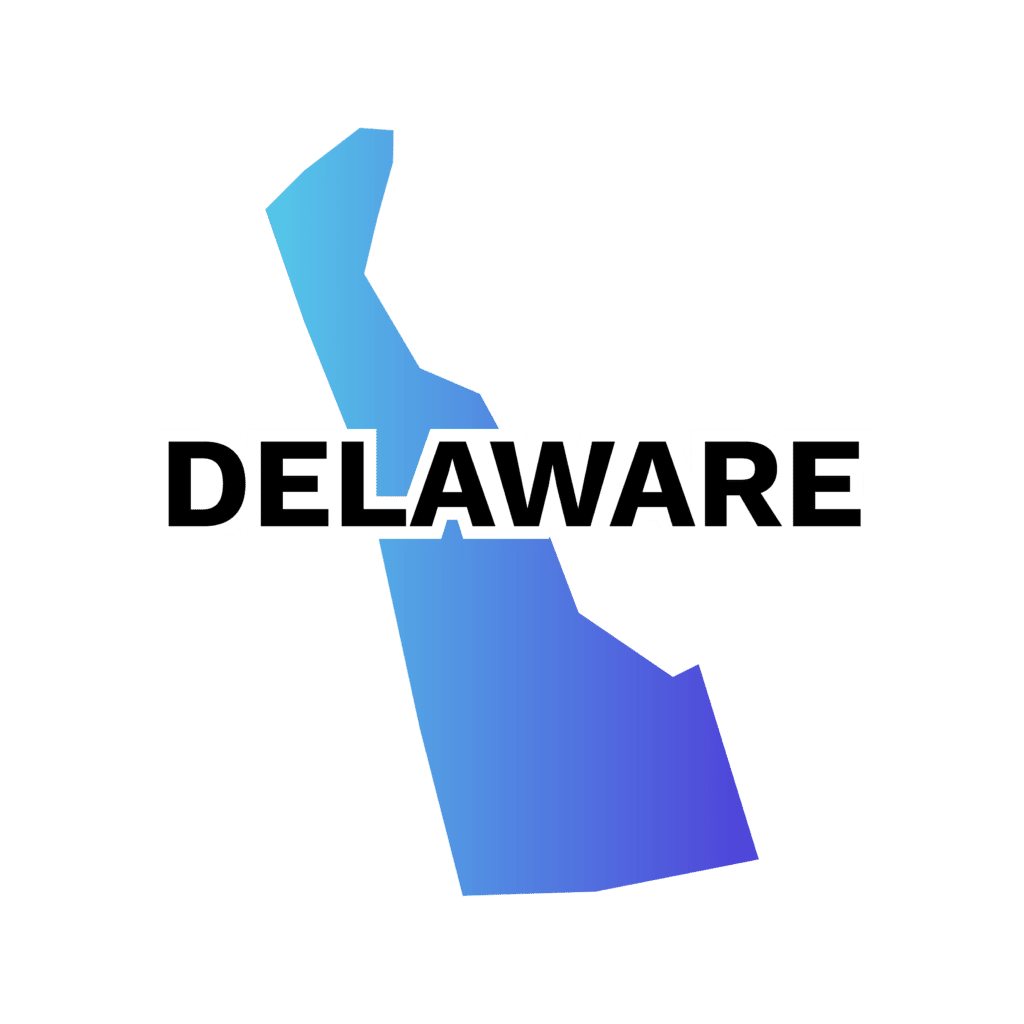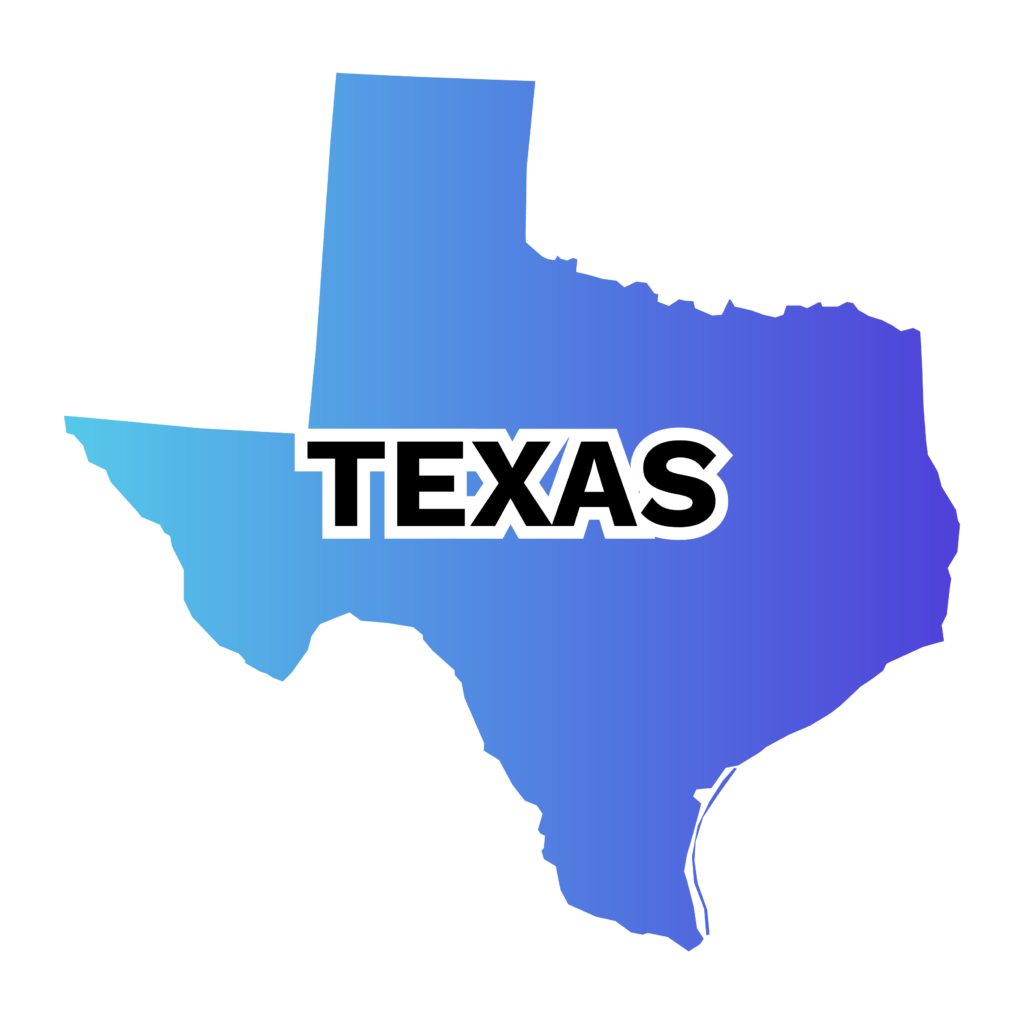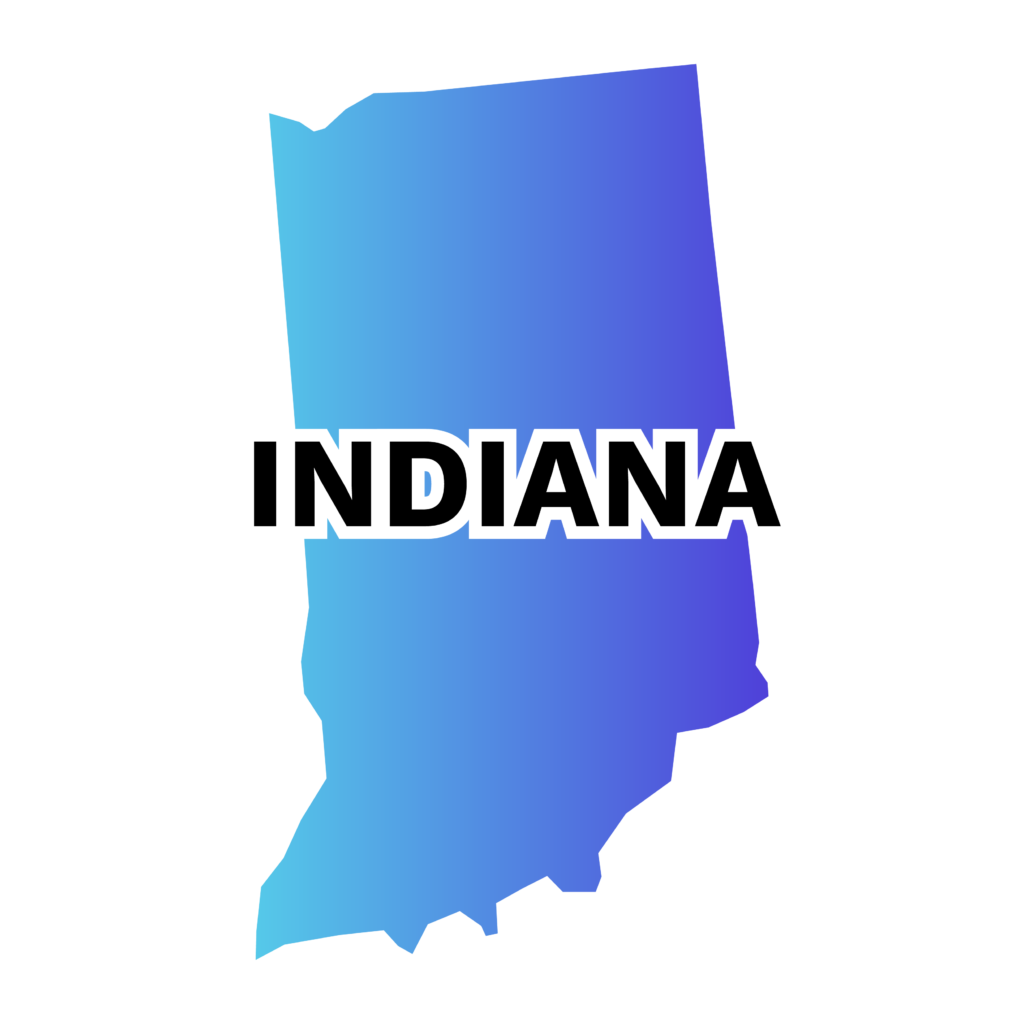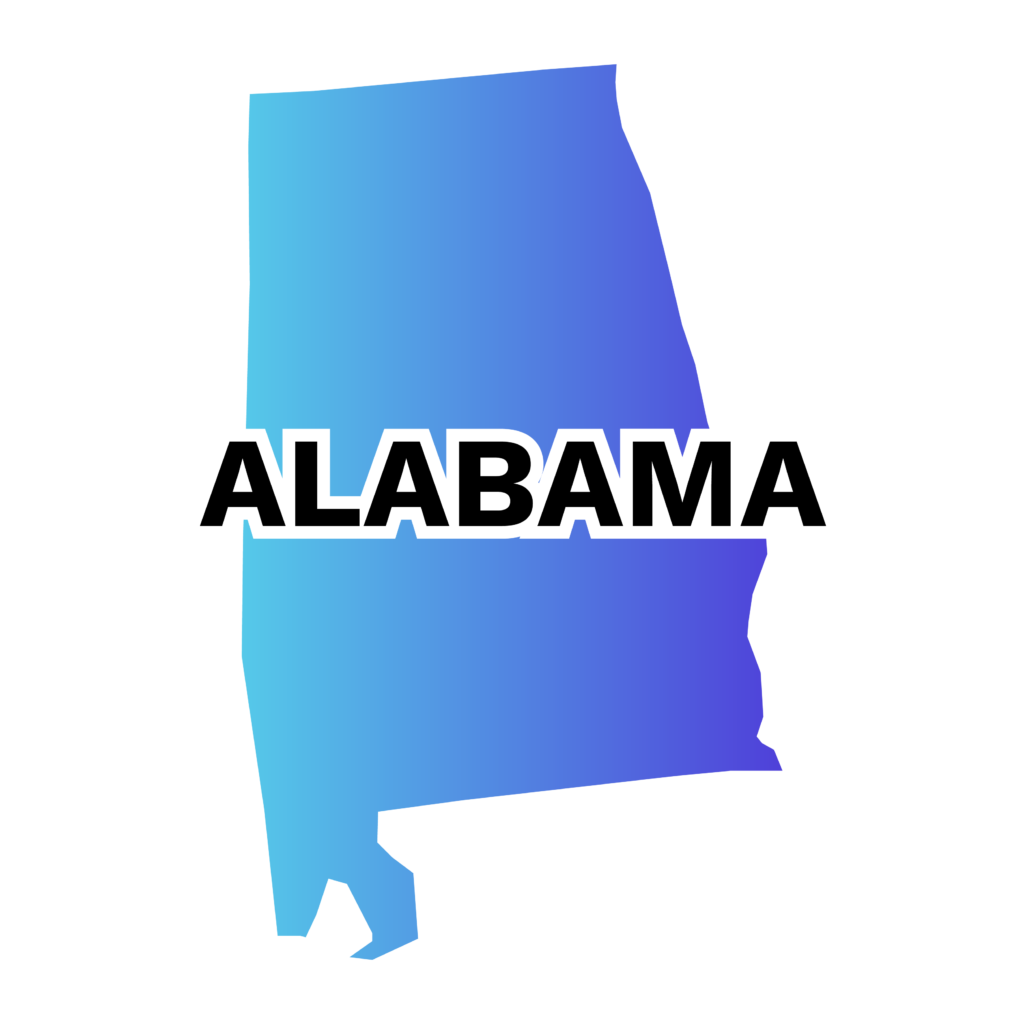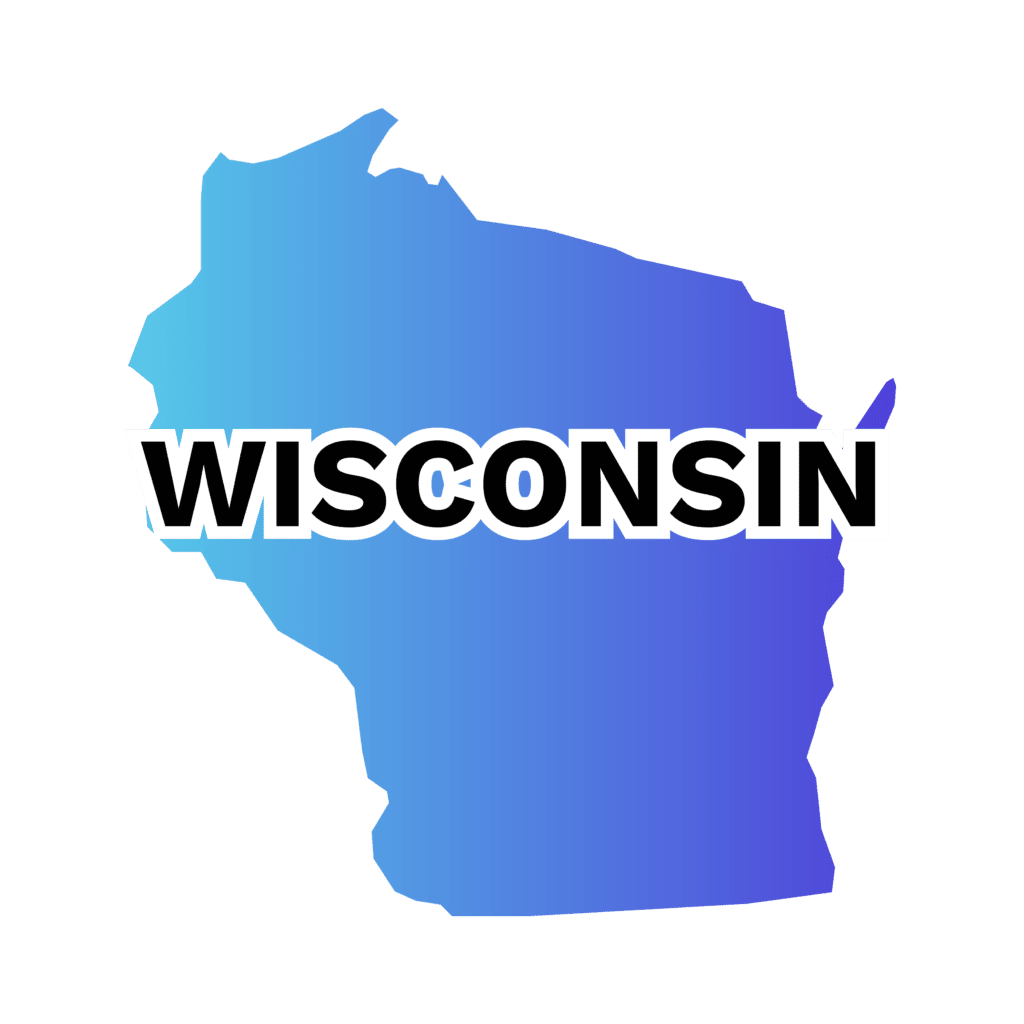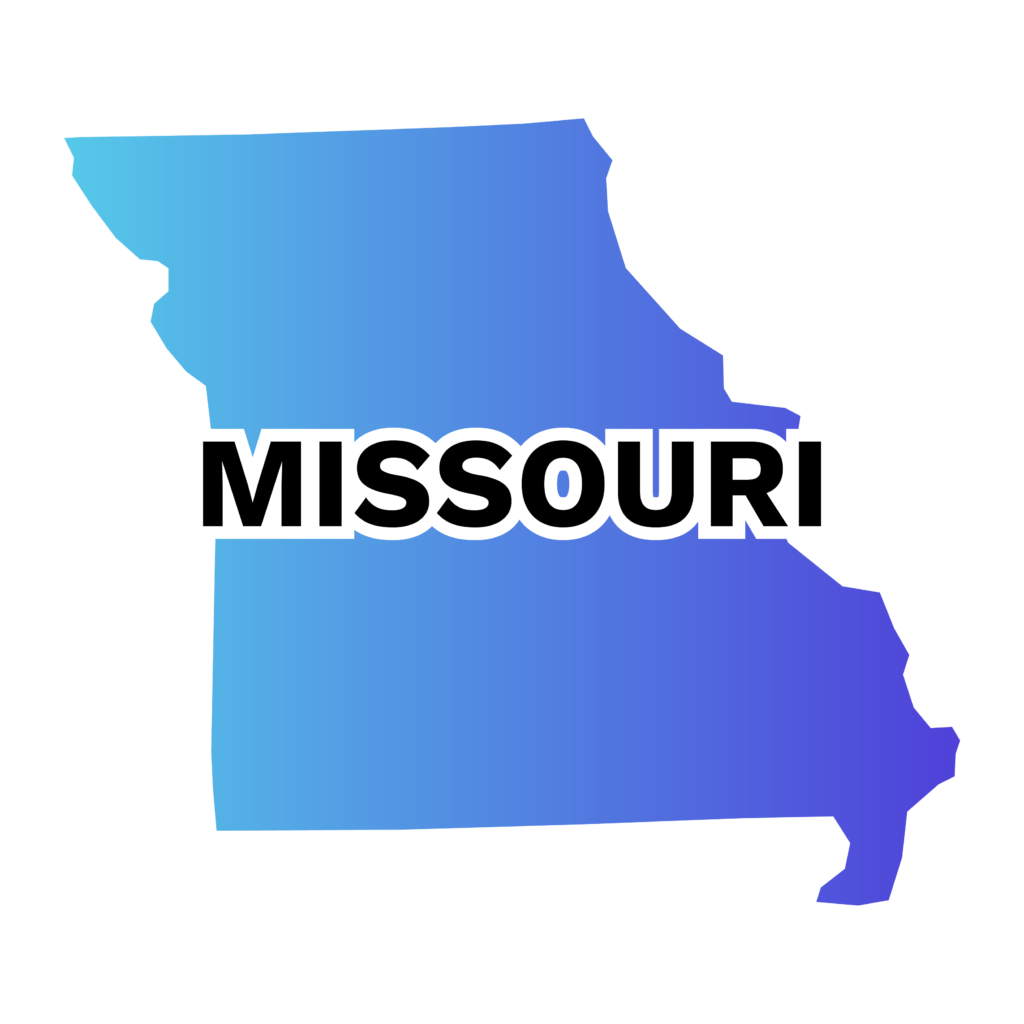Have you heard about the accountant shortage that’s shaking up the business world? It’s a situation that’s raising eyebrows and sounding alarms across the industry. According to a recent Business Insider article, there’s a nationwide shortage of accountants, posing serious compliance risks for businesses. But what does this mean for aspiring CPAs in South Carolina?
Here’s a fact that can’t be ignored:
The American Institute of Certified Public Accountants has noted a decline in the number of people graduating with accounting degrees and those passing the CPA exam. This trend is creating a unique opportunity, especially in a state like South Carolina, where the path to becoming a CPA is more accessible than in many other states.
But wait, it gets even more interesting:
With fewer CPA-certified professionals in the market, the value and demand for qualified accountants are skyrocketing.
So, why is this the perfect time to dive into the CPA journey in South Carolina?
The state’s lenient work experience requirements, allowing part-time and volunteer work to count towards your CPA license, make it an ideal environment for aspiring accountants.
And guess what?
The demand for CPAs is not just a temporary spike. The Bureau of Labor Statistics projects a 7% growth in employment for accountants and auditors from 2020 to 2030, indicating a steady demand for this expertise.
Are you ready to take advantage of this unprecedented opportunity? In South Carolina, the process to become a CPA is streamlined, and the current market conditions are in your favor. With the right preparation and determination, you could be on your way to a rewarding and secure career in accounting. Let’s look at the steps.
Steps to Get a CPA License in South Carolina
- Meet Education Requirements: Fulfill 150 semester hours, including specific accounting and business courses. You can sit for the CPA exam after completing 120 semester hours.
- Verified Work Experience: Gain 1 year (2,000 hours) of public accounting experience, supervised and verified by an active South Carolina CPA. Part-time and non-public accounting work may also be considered.
- Pass the CPA Exam: Successfully pass all four sections of the CPA exam. Consider enrolling in a CPA review course for better preparation and increased chances of success.
- Complete the AICPA Ethics Exam: This is a mandatory step and must be completed no later than 2 years prior to submitting your license application.
- Submit CPA License Application: Fill out and submit all required CPA license application paperwork to the South Carolina Board of Accountancy.
- Pay the CPA License Application Fee: Ensure payment of the application fee as part of the licensing process.
CPA Licensure Requirements in South Carolina
Navigating the path to becoming a Certified Public Accountant (CPA) in South Carolina involves meeting specific criteria across various categories. Below is a detailed breakdown of the general, education, and work experience requirements necessary for CPA licensure in South Carolina.
General Requirements
- Minimum Age: Applicants must be at least 18 years old.
- Residency: State residency in South Carolina is required for licensure. As discussed in this Reddit thread, international rules vary per state.
- Social Security Number: Applicants must have a valid Social Security Number.
- Ethics Exam: Passing the AICPA Ethics Exam is mandatory. It must be completed no later than 2 years prior to submitting the license application.
Education Requirements
To sit for the CPA exam in South Carolina, candidates must meet specific educational criteria:
- Bachelor’s Degree: A minimum of a bachelor’s degree is required.
- Semester Hours: Candidates must complete 150 semester hours of education. However, they may sit for the CPA exam after earning 120 semester hours.
- Accounting Courses: A minimum of 36 semester hours in accounting is required, with at least 24 hours at the upper-division level. This should include courses in financial accounting, managerial accounting, taxation, and auditing.
- Business Courses: Candidates must complete 24 semester hours in business-related subjects. These can include courses in economics, finance, business law, management, computer science, statistics, ethics, and marketing.
For more detailed information on educational requirements, refer to the South Carolina Board of Accountancy or the National Association of State Boards of Accountancy (NASBA) South Carolina.
Work Experience Requirements
Work experience is a critical component of the CPA licensure process in South Carolina:
- Duration: Candidates must complete 1 year (2,000 hours) of public accounting experience.
- Supervision: The experience must be supervised and verified by an active South Carolina CPA.
- Part-Time Work: Part-time work can be counted towards the experience requirement.
- Non-Public Accounting Experience: Experience in non-public accounting may also be accepted at the discretion of the state board.
- Timing: Experience can be gained either before or after passing the CPA exam, but it does not accrue prior to completing the basic 24 hours in accounting.
“The CPA process in South Carolina offers a unique blend of flexibility and rigor, making it an excellent pathway for aspiring accountants. The state’s approach, particularly its accommodation of part-time work experience and the option to sit for the exam after completing 120 semester hours, reflects a deep understanding of the diverse backgrounds and needs of CPA candidates. This adaptability, combined with the high standards of the CPA profession, positions South Carolina as a leader in fostering the next generation of accounting professionals.“
– Bryce Welker, CPA Expert
Ethics Exam Requirements
An essential component of the CPA licensure process in South Carolina is the completion and passing of the AICPA Ethics Exam no later than two years prior to submitting the CPA license application. This requirement underscores the importance of ethical standards and practices in the accounting profession.
Overview of the AICPA Ethics Exam
- Purpose: The AICPA Ethics Exam is designed to educate accounting professionals on the ethical standards and responsibilities they will face in their careers. It emphasizes the importance of ethical behavior and decision-making in the accounting profession.
- Content: The exam covers the AICPA Code of Professional Conduct and focuses on real-world applications of ethical principles in various accounting scenarios.
- Pricing: The AICPA Ethics Exam course, along with the corresponding exam, is priced at $299. This fee includes access to the course materials and the exam itself, with a discounted rate of $245 for AICPA members.
South Carolina CPA Exam Fees
Becoming a Certified Public Accountant (CPA) in South Carolina involves several steps, each accompanied by specific fees. Understanding these costs is crucial for candidates planning their CPA journey. Below is a detailed breakdown of the fees associated with CPA licensure in South Carolina.
Education Evaluation Application Fee
- Purpose: Before applying for the CPA Exam, candidates must first be deemed eligible. The Education Evaluation Application assesses whether a candidate meets the educational requirements necessary to take the CPA Exam in South Carolina.
- Fee: The fee for the Education Evaluation Application is $90.00. This fee covers the cost of reviewing educational credentials and determining eligibility for the CPA Exam.
Exam Section Application Fee
- Application Process: Once a candidate is found eligible for the CPA Exam, they can apply for specific exam sections. It’s important to note that candidates can apply for only one exam section per application.
- Advice for Candidates: Applicants are advised to apply for an exam section only if they are ready to take it. The Notice to Schedule (NTS) issued upon application is valid for a limited time. Candidates must take the exam section within this timeframe; otherwise, they will forfeit the fees paid if the NTS expires.
- Fee: The fee for each Exam Section Application is $344.80. This fee is applicable for each section of the CPA Exam that the candidate applies for.
Licensure Fees
- Initial Licensure Fee: After passing the CPA Exam, candidates must pay an initial licensure fee to obtain their CPA license in South Carolina. The amount is currently listed as $135 but should be confirmed with the South Carolina Board of Accountancy.
- Renewal Fees: CPAs are required to renew their licenses periodically. The renewal fees are separate from the initial licensure fee and are also determined by the state board.
Additional Costs
- Ethics Exam Fee: Candidates must also pass the AICPA Ethics Exam which is between $245-$299 dollars.
- Continuing Professional Education (CPE): CPAs in South Carolina are required to complete CPE credits for license renewal, which may involve additional varying costs.
| Fee Per Exam Section | $344.80 |
| Education Evaluation Fee | $90 |
| Application Fee | $135 |
CPA Evolution Exam Updates in South Carolina
The CPA Evolution is a groundbreaking initiative set to reshape the accounting profession. Spearheaded by the AICPA and the NASBA, this initiative is designed to align the CPA licensure model with the rapidly evolving skills and competencies required in the modern business and accounting environment. The changes are scheduled to take effect in 2024, marking a significant shift in how CPAs are educated, examined, and licensed.
Key Aspects of the CPA Evolution
- Updated Licensure Model: The CPA Evolution introduces a new licensure model that emphasizes a strong foundation in core accounting principles, auditing, tax, and technology. This model reflects the changing dynamics and demands of the business world, ensuring that new CPAs are well-equipped for various challenges.
- Specialization in Disciplines: One of the most notable changes is the introduction of specialized disciplines. Candidates will have the opportunity to demonstrate deeper skills and knowledge in one of three specific areas: Business Analysis and Reporting (BAR), Information Systems and Controls (ISC), or Tax Compliance and Planning (TCP). This approach allows for a more tailored and focused skill set, catering to the diverse needs of the accounting profession.
- Revised CPA Exam Structure: In line with the new licensure model, the Uniform CPA Examination will undergo significant changes. While maintaining a robust common core focusing on essential accounting skills, the exam will also include a section where candidates can choose to be tested in one of the three specialized disciplines. This change aims to create a more comprehensive and relevant assessment of a CPA’s capabilities.
- Emphasis on Technology and Analytics: Reflecting the increasing importance of technology in accounting, the CPA Evolution places a greater emphasis on technological competencies and data analytics. This shift ensures that CPAs are prepared to work effectively in a digitalized business environment.
- Impact on Accounting Education: The CPA Evolution is expected to influence how accounting is taught in educational institutions. Curricula are anticipated to evolve to include more content on technology, data analytics, and the specialized disciplines, preparing students for the new CPA Exam structure and the demands of the profession.
Implications for Aspiring CPAs
- Preparation for a Diverse Career: The CPA Evolution prepares aspiring CPAs for a broader range of career paths in accounting, equipping them with the skills needed in traditional and emerging areas of the field.
- Enhanced Professional Value: By aligning the CPA credential with current and future business needs, the CPA Evolution enhances the value and relevance of the CPA in the marketplace.
South Carolina Exam Information and Resources
- South Carolina Board of Accountancy
- South Carolina CPA Exam Candidates
- South Carolina Department of Labor, Licensing and Regulation
For more details, please contact:
National Association of State Boards of Accountancy (NASBA) – South Carolina
PO Box 11329
Columbia, SC 29211-1329
Email: [email protected], [email protected]
Phone: 803-896-4770
Fax: 803-896-4554
FAQs
To sit for the CPA exam in South Carolina, candidates must complete 150 semester hours of education, including specific accounting and business courses. However, they are eligible to take the exam after earning 120 semester hours. The educational requirements include a bachelor’s degree, 36 semester hours in accounting (with at least 24 at the upper-division level), and 24 semester hours in business-related subjects.
The Education Evaluation Application is a process that determines if a candidate meets the educational requirements to take the CPA Exam in South Carolina. This step is essential before applying for the CPA Exam. The fee for this application is $90.00.
The fee for each Exam Section Application in South Carolina is $344.80. Candidates should apply for an exam section only if they are prepared to take it within the validity period of their Notice to Schedule (NTS).
Candidates must complete 1 year (2,000 hours) of public accounting experience, supervised and verified by an active South Carolina CPA. Part-time and non-public accounting work may also be considered. This experience can be gained either before or after passing the CPA exam.
Yes, passing the AICPA Ethics Exam is a mandatory requirement for CPA licensure in South Carolina. The exam must be completed no later than two years prior to submitting the CPA license application. The standard fee for the course and exam is $299, with a discounted rate of $245 for AICPA members.
In addition to the Education Evaluation Application fee and the Exam Section Application fees, candidates must pay an initial licensure fee upon passing the CPA Exam. The amount of this fee varies and should be confirmed with the South Carolina Board of Accountancy. There are also fees for the Ethics Exam and potential costs for Continuing Professional Education (CPE).
The CPA Evolution, effective from 2024, will introduce a new licensure model focusing on core accounting skills and deeper knowledge in one of three disciplines. This will affect the CPA Exam structure and may influence educational curricula in South Carolina. Candidates should stay informed about these changes through the South Carolina Board of Accountancy and NASBA.
Bryce Welker is a regular contributor to Forbes, Inc.com, YEC and Business Insider. After graduating from San Diego State University he went on to earn his Certified Public Accountant license and created CrushTheCPAexam.com to share his knowledge and experience to help other accountants become CPAs too. Bryce was named one of Accounting Today’s “Accountants To Watch” among other accolades. As Seen On Forbes
